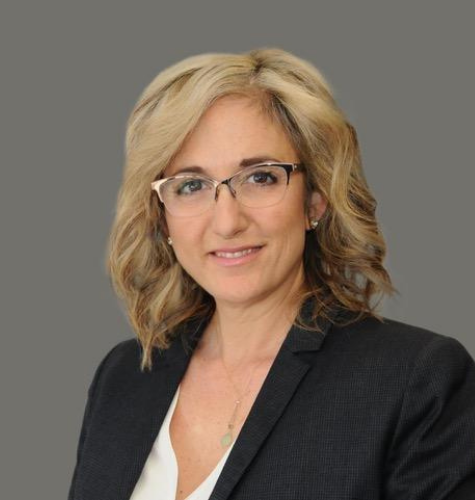What is your New Year’s resolution? Is it to lose weight? Is it to exercise more? Is it to save more money? What about preparing an estate plan? That’s something that’s been on a lot of people’s lists for quite some time but they never seem to get there. Oftentimes that’s because they’re unsure of what is actually involved. This blog addresses the fundamentals involved in creating an estate plan.
Key questions to consider when creating an estate plan are:
- What does my estate consist of?
- Who should I consult regarding my estate plan?
- What estate planning documents do I need?
What does my estate consist of?
Your estate includes all property owned by you less your debts and liabilities. In order to properly plan your estate and assist your attorney in preparing the necessary estate planning documents, you should prepare an inventory of your assets, which would include the following:
- Description and location of the assets;
- Ownership interest;
- Value of the asset (cost/market value);
- Debts/liens; and
- Beneficiary designation, if applicable.
Preparing and periodically updating your inventory of assets will help avoid issues and minimize time and money spent in locating and marshalling your assets after your death.
Who should I consult regarding my estate plan?
There are four key individuals that are involved in creating an estate plan:
- Your attorney is the individual responsible for the overall creation of your estate plan.
- Your accountant may be contacted to provide financial information needed to properly identify your assets and liabilities.
- The beneficiaries are the individuals who will inherit your assets upon your death.
- The fiduciary/executor is the individual in charge of your estate who will be working with your attorney in marshalling your assets, paying your debts, and distributing your assets to the beneficiaries.
What estate planning documents do I need?
The essential estate plan includes a Last Will and Testament, Power of Attorney, and a Health Care Proxy. In addition, there are a number of other advance directives that should be included in order to make your wishes clear.
- Living Will
- HIPAA Disclosure
- Nomination of Guardian
- Appointment of Agent for Disposition of Remains
Please feel free to contact the attorneys of the Trusts & Estates Group at Goetz Fitzpatrick LLP at 212.695.8100 ext. 289 to discuss any questions you may have regarding creating or updating your estate plan.



